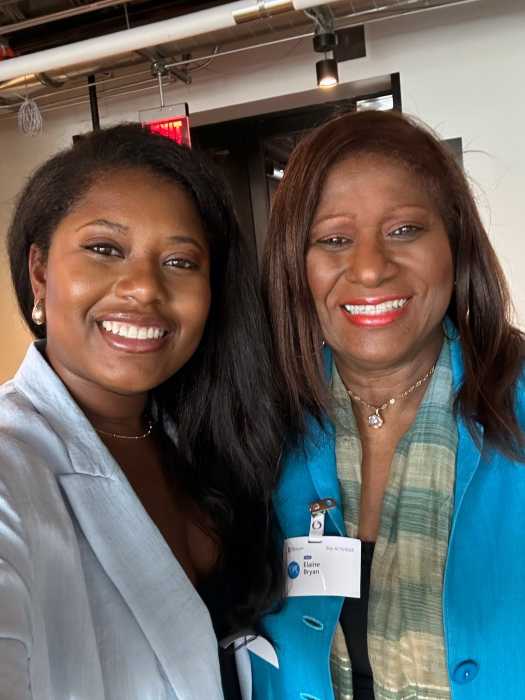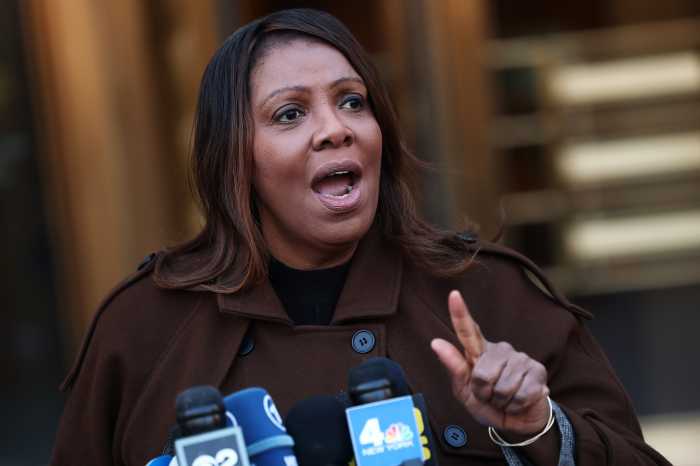After the Syrian genocide and Ukrainian crisis, the foreign policy challenges have pitted Obama against Putin, a Cold-War adversary. Two former presidential candidates McCain and Romney have claimed President Obama has looked weak against Putin’s tactics in trying to reconstruct his motherland and a semblance of an emerging Eurasian union. Conservative neocons may want Obama to behave like Putin, display authoritarian leadership, and start another military excursion, Peter Beinart has suggested.
After the NSA and drones controversy, and the sputtering “Pivot to Asia”, the sheen was wearing off the Obama world till Putin invaded Crimea and blamed the West for orchestrating a coup in Ukraine. Obama administration has been trying to pull-off a big foreign policy victory in the remaining years – the Iranian nuclear deal, the Mideast peace process, ending the impasse on Climate Change debate, or the Immigration reform act – yet Putin’s annexation of Crimea made their task even harder. Russian bear is on the prowl, making the former Soviet states nervous. Will Obama reclaim the trust in the American ideals around the world?
It is instructive to compare Obama and Putin as leaders. While Obama is a ‘consensus-builder,’ with a fiercely competitive and ‘hawkish’ streak, Putin is a statist, who exercises centralized power, with an authoritarian personality style. Obama was a Harvard-trained legal pragmatist, with great professorial and oratory skills, before he developed into an inspiring politician. Putin was a case-officer in the KGB before he became a political operator and the president of Russia.
As a Rorschach test, Obama elicits fantastical projections from adoring masses as well as his detractors; yet on a host of social and cultural issues he has revealed himself to be an unreconstructed liberal. Putin as his biographers have described is a “man without a face,” with a media constructed mythic persona, and nationalistic views about the Russian motherland, otherwise called Putinism.
Obama believes in American exceptionalism through the “soft power” of development and diplomacy. Putin too believes in Russian exceptionalism, which he sees as antithetical to Western hegemony, responsible for humiliation of the Soviet empire. Obama has claimed America is not declining, while emerging economies in the Asia-Pacific region are catching up with the US and EU. Putin clearly believes — with support from China and other BRICS economies — America and the West are declining.
Obama’s critics argue that the president is a champion of “leading from behind,” as if that is the cornerstone of the Obama doctrine, while his proponents have put their faith in “nation-building at home.” Thus, Putin may have rudely awakened Obama to the “return of history,” by showing disregard for the rule of international law, raising the specter of World Wars. The U.S. has been caught flat-footed with a mixed response in Syria, shrinking budgets, congressional gridlock, and an incomplete Asian pivot. However, Obama cannot avoid the clash of the titans. If he is unable to contain and engage Putin, with mounting sanctions, it will redefine his second term and the presidency.
Dinesh Sharma’s new book “The Global Obama: Crossroads of Leadership in the 21st Century” is published by Routledge Press (2014); his previous book “Barack Obama in Hawaii and Indonesia: The Making of a Global President” was rated as the Top Ten Black History Book for 2012.

























